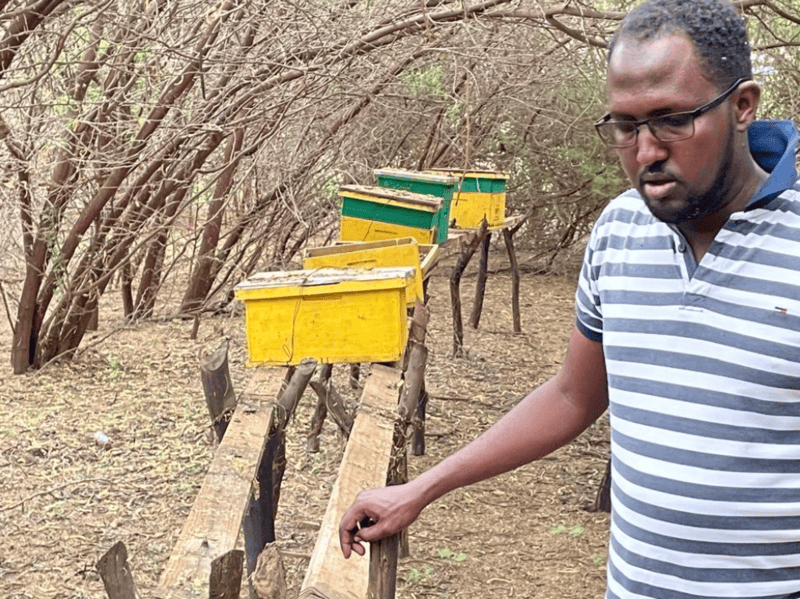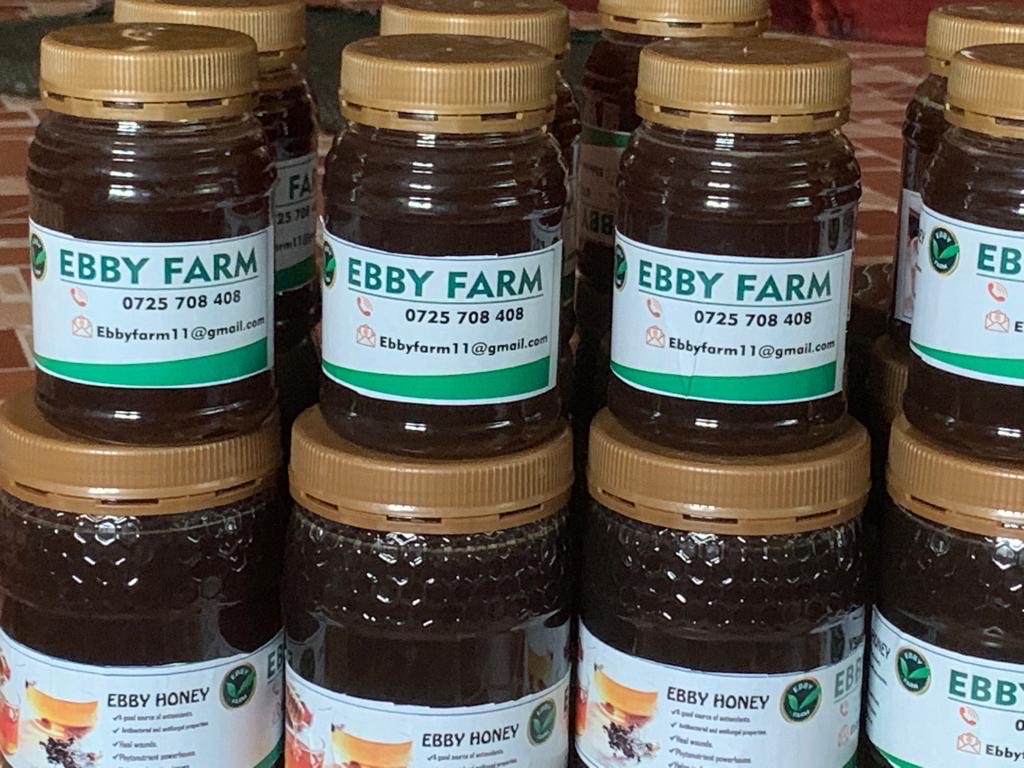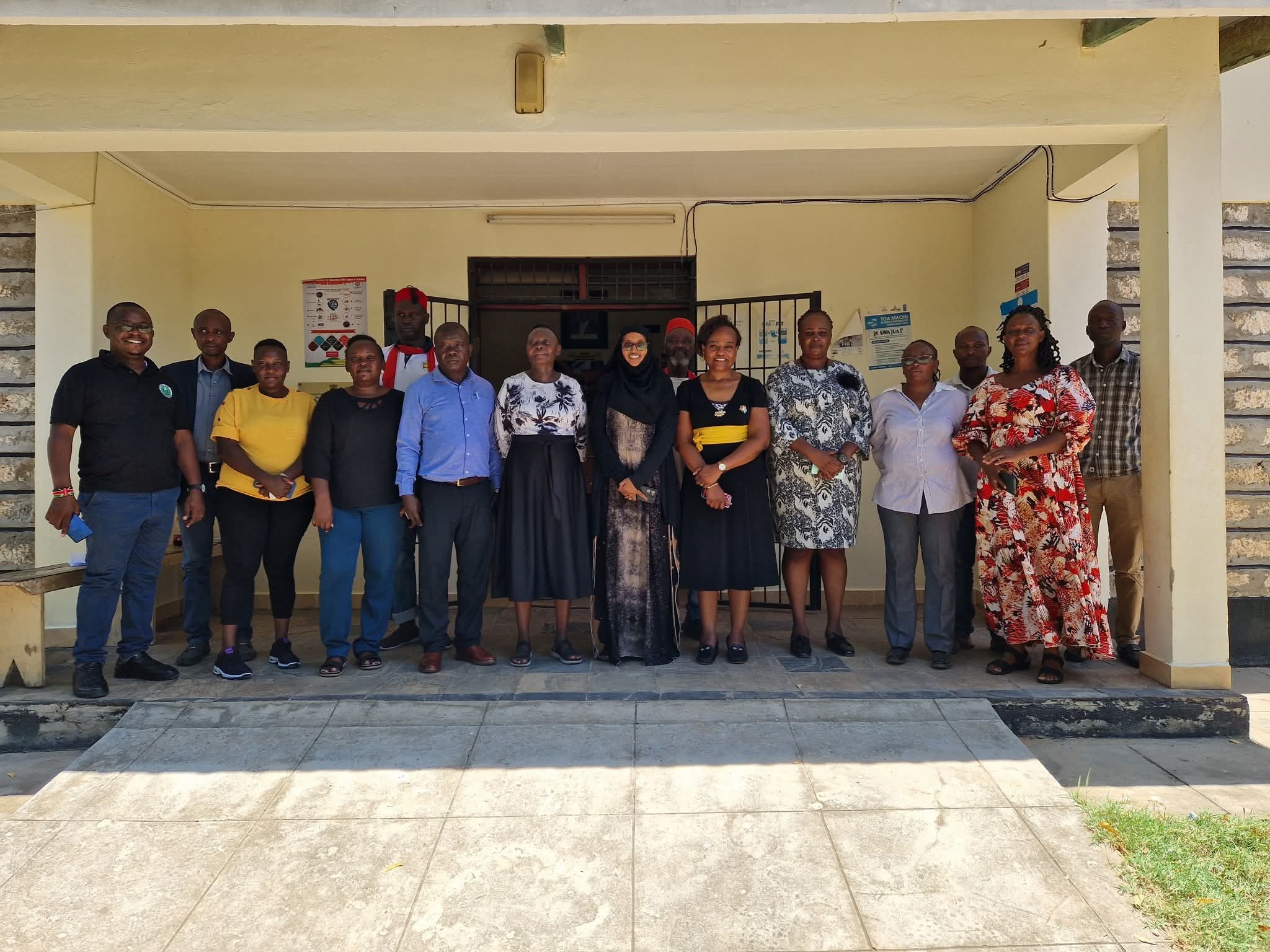Garissa farmers turn to beekeeping as a climate-resilient livelihood

With initiatives like these, Garissa’s farmers are not only securing their livelihoods but also contributing to environmental conservation and economic growth in the region.
Faced with the challenges of extreme climate change, farmers in Garissa County are embracing beekeeping as an alternative source of income. The initiative aims to build resilience against recurring droughts and floods that have devastated traditional farming practices in the region.
After years of losses in livestock due to prolonged droughts, many farmers turned to crop farming along the banks of the River Tana. However, frequent floods, including the El Niño rains in November-December 2023 and the April-May 2024 rainy season, destroyed their crops, prompting them to explore beekeeping as a viable option.
More To Read
- Southeast Asia faces catastrophic floods as tropical storm kills 600 hundred
- Garissa town residents call for urgent drainage fix as floodwaters swamp businesses, homes
- MPs link deforestation to deadly landslides, call for stronger disaster preparedness plans
- Officials warn of child safety risks near Ngong River in Mukuru
- Update: 15 dead after massive landslide in Elgeyo Marakwet County following heavy rains
- Heavy rains, gusty winds expected across Kenya
Ebla Hassan, a farmer in Korakora, Garissa, is among those adopting beekeeping to mitigate the losses caused by flooding.
“Before the April-May floods, I invested in 200 modern and traditional beehives to trial beekeeping. The El Niño rains destroyed my crops, and the subsequent floods wiped out my replanted crops, but the beehives survived,” she said.
Although she lost a few hives due to inexperience, Ebla is optimistic about her new venture. She plans to improve her methods and protect her beehives against future floods. Motivated by the income from beekeeping and its relatively low cost, she enrolled at the Lenana National Institute of Beekeeping to gain more skills.
Ebla aims to establish a farm with over 10,000 beehives, citing the cost-effectiveness, environmental benefits, and high demand for honey in Garissa Town as key drivers. She also highlighted beekeeping’s resilience against floods and its role in ecosystem restoration. Alongside small-scale vegetable farming during dry seasons, Ebla envisions beekeeping as her primary livelihood.
As Secretary-General of the Garissa Farmer Network, Ebla is determined to encourage more farmers to adopt beekeeping to mitigate losses from climate shocks.
 Honey from Ebby Market ready for sale. (Issa Hussein)
Honey from Ebby Market ready for sale. (Issa Hussein)
Collaborative efforts
Abdi Farah, Chairman of the Garissa Farmers Network, has also embraced beekeeping.
“I have established Flay Beekeeping Group with nine active members in Balij, Sankuri Sub-county,” he said.
“We shared ideas on overcoming crop and livestock losses during droughts and formed a community-based organisation.”
The group later collaborated with other like-minded farmers to establish the Garissa Honey Production Cooperative, which now operates 700 beehives. The cooperative produces over 2,000 kilograms of honey annually, with one kilogram selling for Sh1,000 in the Garissa Town market.
Abdi highlighted ongoing training from development partners to help farmers extract additional products like propolis, bee venom, and honeycomb, which are in high demand locally and internationally.
Another farmer, Abdi Weli Salat of Al Rahma Farm, shared how floods influenced his decision to take up beekeeping.
“After desert locusts destroyed my crops, the El Niño rains and subsequent floods caused further devastation. Beekeeping is the only viable option to overcome these challenges,” he said.
He urged other farmers in Garissa to embrace beekeeping as a reliable alternative to counter the effects of climate change.
With initiatives like these, Garissa’s farmers are not only securing their livelihoods but also contributing to environmental conservation and economic growth in the region.
Top Stories Today













































